Holistic Education and Montessori
Did you know that you can earn your masters degree while you earn Age of Montessori teacher certification? The Endicott College TIES Program and Sarasota University both collaborate with Age of Montessori to make this possible. And now, since the publishing of this Blog, this program inlcudes St. Catherines and Loyola University.
Sarasota
Even if you have already graduated from AoM, you can apply to Sarasota, a fully-online university, and apply your work with Age of Montessori toward nearly half of your program. I recently ran into the president of the University at the MACTE symposium in Alexandria, Virginia and he was happy to share that they had received their regional accreditation as a new university.
TIES
Endicott TIES, which stands for ‘The Institute for Educational Studies,’ requires that you enroll in both courses simultaneously. TIES is also an online university so other than your travel to our Age of Montessori residency, you can earn your advanced degree from home.
The founder of TIES is Dr. Philip Snow Gang, former close colleague of Mario Montessori, son of Dr. Maria Montessori. He and his late wife Marsha Snow Morgan started the TIES program more than twenty years ago. I first met Phil in the early 1980s at a Montessori conference on adolescence, as we have both been involved in Montessori education for many decades. Many years later I earned my masters from TIES and grew to love and admire both Marsha and Phil and their work.
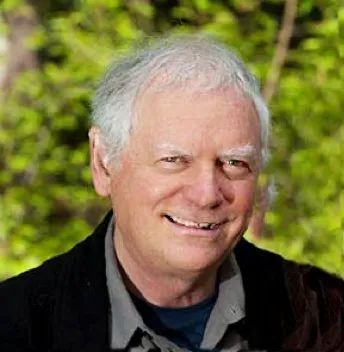
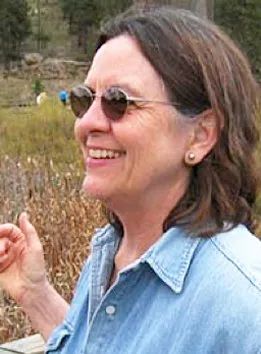
In the year 1989 and again in 1990, Dr. Gang participated with a group of people to define holistic education. He recently sent me a booklet containing the written documents they created as the fruits of these conferences, and I wanted to share a few of the exciting points they identified as foundational to holistic education. Although it was written almost twenty years ago, the sentiment is as fresh as if it has been written yesterday. And Montessori is reflected loud and clear in the documents.
I add my comments in italics after each principle.
Education 2000
From the 1990 document they entitled Education 2000, I have selected several of the principles that to me reflect Montessori and our emphasis on what we believe matters most at Age of Montessori. I also included in some cases a sentence or two from the text of the document.
Principle 1: Educating for Human Development.We assert that the primary-indeed the fundamental-purpose of education is to nourish the inherent possibilities of human development.
We call for a renewed recognition of human values - which have been eroded in modern culture – harmony, peace, cooperation, community, honesty, justice, equality, compassion, understanding and love.
If we look at human potential – the as yet unrealized capacity within individuals – rather than a curriculum to be covered, we see a vastly different vision of education. I love to quote Dr. Elisabeth Caspari in this regard: “Education is never a pouring in, but rather a release from within.” Principle 2: Honoring Students as Individuals.We call for a thorough rethinking of grading, assessment and standardized examinations.
Principle 2: Honoring Students as Individuals.We call for a thorough rethinking of grading, assessment and standardized examinations.
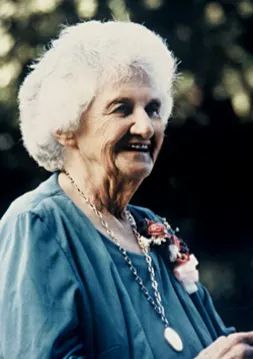
We call for an expanded application of the tremendous knowledge we now have about learning styles, multiple intelligence and the psychological bases of learning.
This goes back to the values we hold, that each child has the opportunity to grow. Maybe one child is two years behind her peers in some things, and four years ahead in others. If we look at her as a person with strengths and weaknesses who needs to be able to find a way to succeed in life rather than be an “academic failure,” we just might see fewer kids in trouble.
Principle 3: The Central Role of Experience.We affirm what the most perceptive educators have argued for centuries: education is a matter of experience.
We believe that education should introduce the learner to the wonders of the natural world through experiential approaches that immerse the student in life and nature.
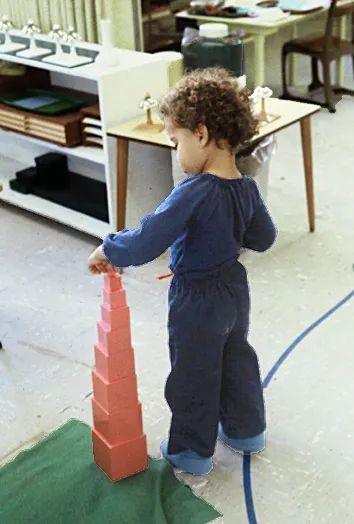
"In Montessori, everything is based on hands-on experience that enriches the child. In Montessori’s words: “There is no description, no image in any book that is capable of replacing the sight of real trees, and the life to be found around them, in a real forest. Something emanates from these trees which speaks to the soul, something no museum is capable of giving.”
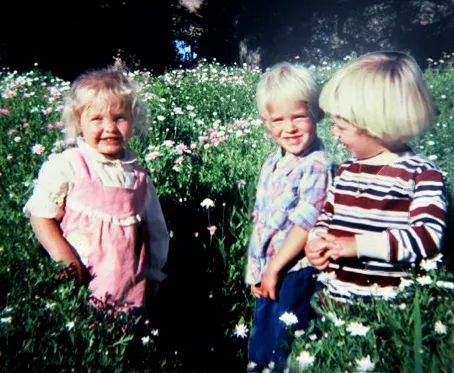
Principle 4: Holistic Education.We call for wholeness in the educational process, and for the transformation of educational institutions and policies to attain this aim. Wholeness implies that each academic discipline provides merely a different perspective on the rich, complex, integrated phenomenon of life.
The group’s description of wholeness is precisely how Montessori elementary teachers approach the core of the program the ‘Cosmic Plan.’ The idea of creating a vision of the entire universe so that all subjects have a place in the whole eliminates the fragmentation many children experience in seemingly random subjects they are required to study.
Principle 5: New Role of Educators.We call for new models of teacher education which include the cultivation of the educator’s own inner growth and creative awakening.
We hold… that the educator is accountable, above all, to the young people who seek a meaningful understanding of the world they will someday inherit.
At Age of Montessori, the spiritual transformation of the teacher is front and center. We can let go of previous ideas of education and mind-sets about ourselves and our children to learn a totally new way of being. I have always believed that if a child in my class fails, then somehow I have failed to give him or her what she needed.
Principle 6: Freedom of Choice.We call for meaningful opportunities for real choice at every level of the learning process.
Montessori classrooms are literally the paradise of exploration for children, and they are free to choose to a great extent. The choices they make are reflections of who they are and this, then, links back to the essential purpose of education as human development with respect for the individual.
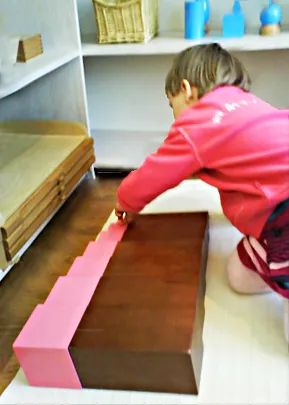
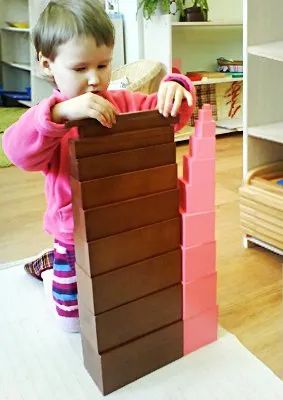
Principle 7: Spirituality and Education. We believe that all people are spiritual beings in human form who express their individuality through their talents, abilities, intuition and intelligence.
We believe that education must nourish the healthy growth of the spiritual life, not do violence to it through constant evaluation and competition.
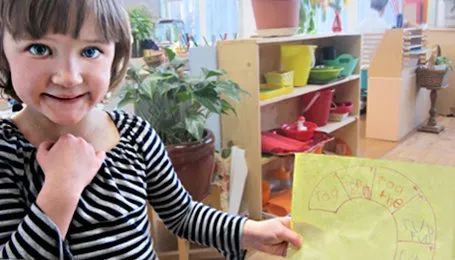
This child, full of trust, wanted to share her reading road with me, a visitor in her classroom. No one had criticized her handwriting or a spelling error here or there.
I love the emphasis on human development, freedom of choice, profound respect for the individual and the role of educators as individuals who need and want to grow themselves, and who are accountable to their students, not just the ever-growing educational bureaucracy.
As I read this document I was reminded of the statement of one of the speakers at the 2017 Montessori Accreditation Council for Teacher Education (MACTE) Symposium held in Alexandria, VA in December 2017. “If education was really research-based, it would look a lot more like Montessori.”




















